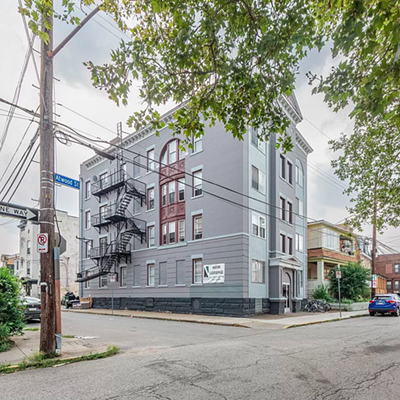Tuesday, August 28, 2012
Think diversity is a problem for city police now? Just wait
Last week, the ACLU filed a lawsuit against the city's police department, alleging that its hiring practices discriminate against blacks. I'll have a column about that in tomorrow's paper. But in the meantime, here's the first of a couple posts that take a wider-angle look at the problem: First we'll look at where the bureau appears to be headed if present demographic trends continue -- and then we'll look at how we got here.
On the face of it, it might seem hard to understand what the ACLU is bitching about. Today's police force is about 16 percent black, according to the bureau's 2011 annual report, which doesn't sound all that bad in a city where the population is just over one-quarter black. By contrast, back in 1975, when federal judge Gerald Weber imposed new hiring quotas on the city's police, the force was only about 6 percent black.
But if you dig into the city's numbers a bit deeper, you realize that the current situation masks some potentially worrying future trends.
Most of the city's black officers occupy more veteran positions, like detective or master police officer. Which means that in the coming years, many of those officers will be closing in on retirement. Nearly half of the city's black officers -- 64 of the 134 on the roster -- hold the rank of master police officer. The average length of service for officers at that rank is 19 years ... and police qualify for full retirement benefits after 20 years. That's not to say blacks will retire en masse next year. But the clock is ticking.
And once those black veterans punch that clock for the last time, there will likely be fewer candidates to replace them. White officers make up nearly 93 percent of those holding the ranks of "police officer" -- the entry-level position where officers have an average of 6 years on the force. Whites outnumber blacks by a ratio of 15 to 1, which suggests that in years to come, they'll likely dominate the pool of those most eligible for promotion from within as well.
That's what happens when, as the ACLU's lawsuit contends, fewer than 4 percent of the 368 police officers hired by the city since 2001 have been black.
I suspect those numbers would come as a surprise to many civilians, because blacks are disproportionately likely to hold the most visible positions on the force. Blacks represent nearly one-quarter of the top-echelon positions (those from commander to police chief), and Pittsburghers are used to seeing the faces of brass like Police Chief Nate Harper or assistant chief Maurita Bryant on the evening news. But that's sort of the point: Most of the bureau's senior-level staff started their careers when Judge Weber's decree was in full swing. (The average police commander hired on with the bureau in the early 1980s; Weber's decree lasted from 1975 through 1991.) Without a consent decree guaranteeing a diverse crop of new hires, it's hard to see where the new blood will come from.
Incidentally, when Weber issued his ruling, part of the reason he did so was because of concerns that in the previous several years, only 4.2 percent of new police recruits had been black. That's almost exactly the ratio the ACLU is complaining about now.
So what happened in the meantime, such that police recruitment ended up where it started? That's the subject of an upcoming post.









